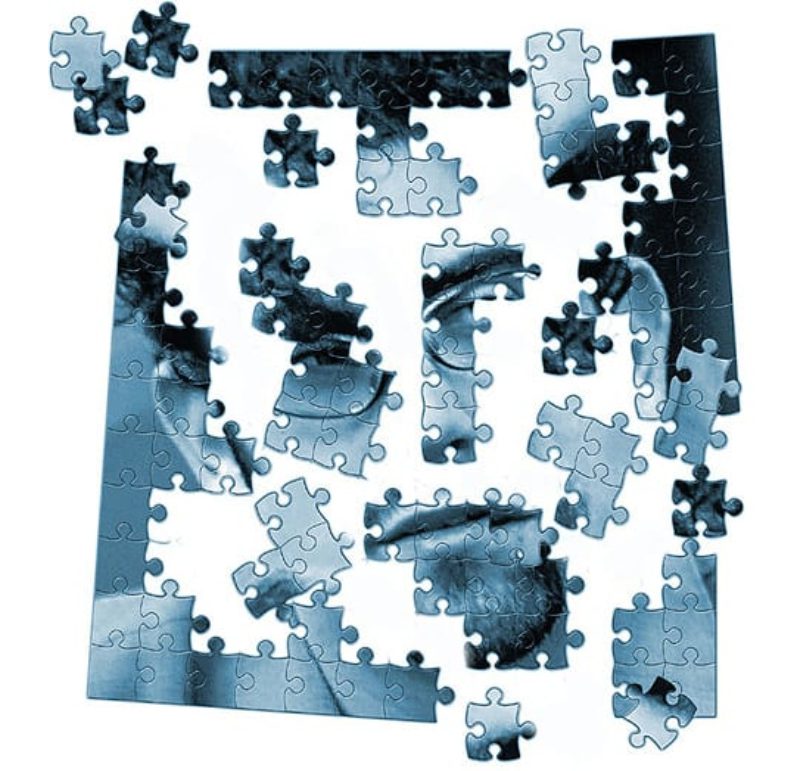By Scott Bradford
Any addiction is your advertisement to yourself that you’re incomplete, you’re not enough. Because you can’t possibly find happiness within yourself, you’ve become dependent on something outside yourself. In your search for control of your emotions, you’ve given up control of your life.
Heroin enforces this perception with an iron clock. When I was an addict, I lived in fear of the passage of time, knowing that the drug was leaving my body and that I would have to buy my freedom again within a matter of hours. Heroin sickness is indescribably bad. It’s like the worst viral or bacterial infection you’ve ever had, combined with the weakness that comes with mono or hepatitis, combined with the worst depression in the world. When I hear Bill Wilson’s words, “pitiful and incomprehensible demoralization,” I think of heroin withdrawal.
On heroin, you’re never free of the iron clock and its reminder that you’re an addict. Even when you’re high and feeling good, the sand is running through the hourglass. You’re doomed.
I used heroin because it was the first thing that made me feel okay inside my skin, that made it seem okay to be Scott. Other people were lovable, and so was I. Heroin works through the body, using the pleasure receptors. It’s a way of using your body to tell your mind that everything’s alright. It’s a lie; things couldn’t be worse.
Addiction sneaks up on you with heroin, because you don’t know where to look. A yawn? Watery eyes? These seem like innocent, normal things. But they are like the wisps of high clouds that precede the hurricane. Soon your skin will feel raw, unbearably sensitive. Your bowels loosen and cramp; you retch uncontrollably; you’re freezing or boiling up form the fever, you’re too weak to move and your only wish is that it would all stop, either with a fix or with death. It really doesn’t matter which.
It’s funny that we call it a “fix.” It fixes you, alright. But not in the sense of repairing you; it fixes you like a butterfly is fixed on a pin. You can’t move. Literally, you can’t move away from your connections, it’s too risky. And you can’t move in other ways, too. You give up social life, friends, sex. It all goes away.
My fear as an addict was that I would run out of time; that I would get too sick to be able to go through the process of copping the next fix. It took a lot of time. You had to get the money somehow, then you had to find a dealer. I spent a lot of time waling around New York, looking to cop. A lot of the time, I was sick.
Like all addictions, heroin stops working. It no longer gets you high; it just buys the monkey off for a while. It has become a part of the cell structure of your entire body, and when you don’t have enough coming in, every cell in your body lets you know. Like no other addiction I know of, heroin has a way of taking priority. It’s not subtle at all; it’s very heavy handed. No more Mr. Nice guy.
So, to paraphrase Deepak Chopra, you go on never getting enough of what you have come not to want in the first place. But you can’t get out. It’s like the Mafia; you can’t quit.
This article originally appeared in Ridgeview’s Insight Magazine – Volume 15, Number 2 – Fall 1994.
Scott Bradford has ten years clean and sober. A former jazz musician, he is now an advertising writer and head of his own agency. He believes that addiction is “among the most karmically challenging curricula offered here in Earth School, but the benefits of graduation are great.”
Ridgeview Institute is a private behavioral health care system with inpatient, partial hospitalization, and intensive outpatient programs for children, adolescents, adults and seniors with psychiatric and addictive problems. We are located at 3995 South Cobb Drive, Smyrna, Georgia 30080. For more information about Ridgeview’s programs and services, call (770) 434-4567 or 1 (800) 329-9775.
For more information about the Ridgeview Institute Addiction Medicine Treatment Programs, visit our website at https://ridgeviewinstitute.com/ or contact the Access Center at (770) 434-4567.

